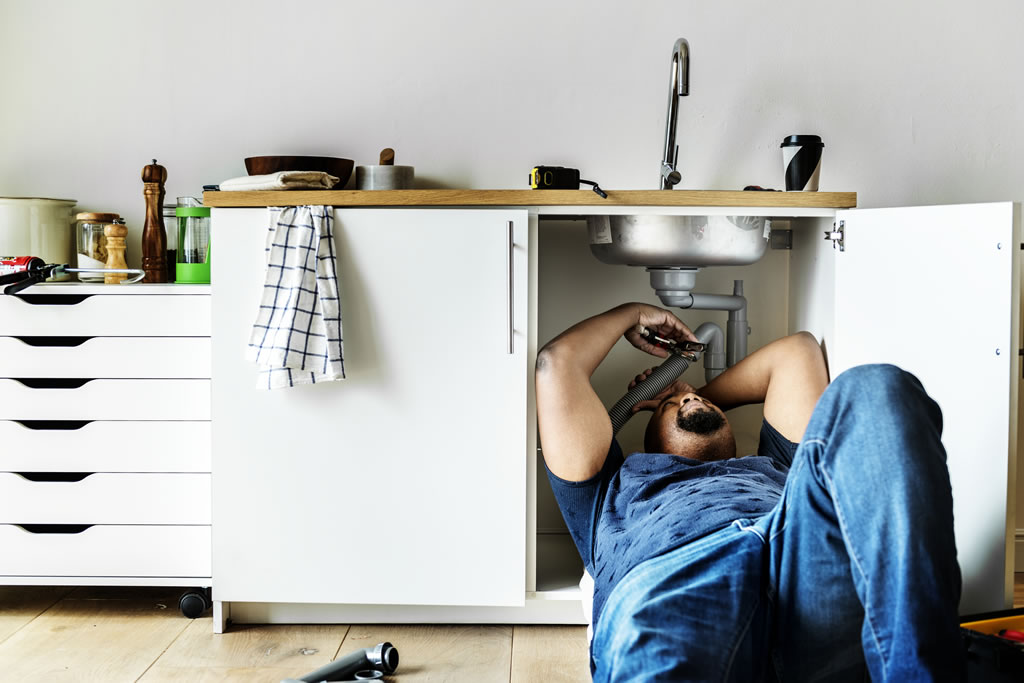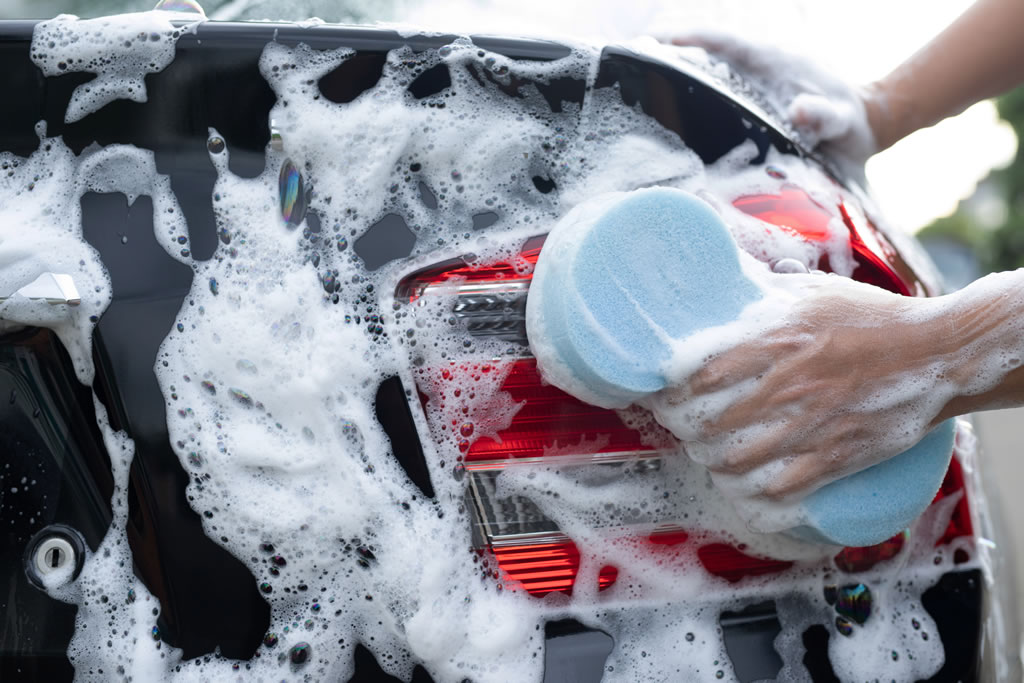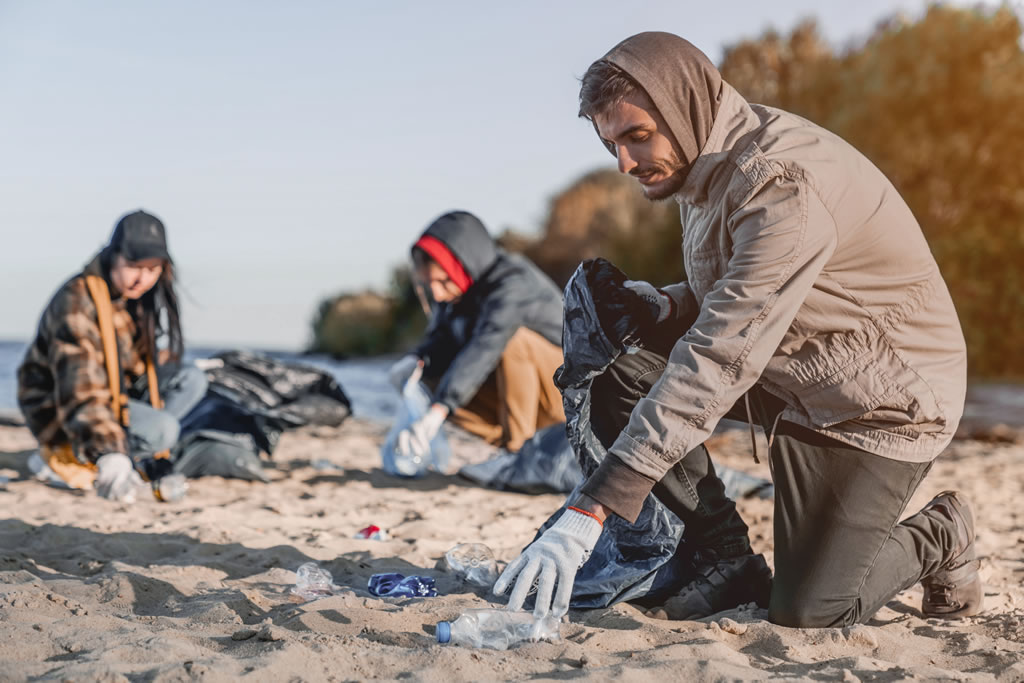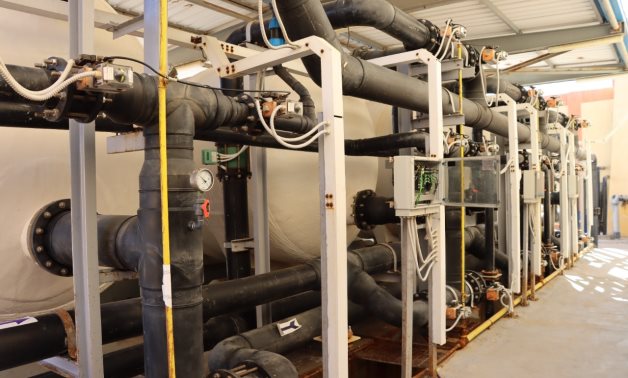
Saving Water in Your Home: Smart Water Conservation Systems You Can Use

While domestic water use only represents 8-10% of total global water consumption, every drop counts in countries facing severe water stress, such as Egypt and Morocco. For example, Egypt consumes about 5.5 Billion cubic meters (BCM) of water for domestic purposes, while Morocco uses approximately 1.7 BCM for drinking, tourism, and industrial activities. These amounts are significant.
Fortunately, many smart technologies are already available to help reduce water waste in homes. Many of these technologies are easy to install and inexpensive. Their long-term use can save significant amounts of wasted water and also contribute to reducing your water bill.
The use of these technologies is widespread in many countries suffering from water stress. In some American states experiencing periodic water supply shortages, such as Colorado, California, and New Mexico, local authorities establish rules regarding the types of showerheads permitted for installation in homes. In the perennially drought-stricken South African city of Cape Town, the government is engaging citizens and businesses in water-saving initiatives that include using efficient showerheads, reducing shower times, and flushing toilets only when necessary.
Smart Water Monitoring Systems
Various smart water monitoring systems are available for purchase. These systems have sensors that collect different kinds of data about your water system, such as water flow and usage patterns. Some systems can even assess the water quality. With this data, you can create a plan to decrease waste and make the best use of water in your home.
Leak Detectors
According to official data, during the fiscal year 2021-2022, 26.5% of the tap water produced in Egypt did not reach the consumers, and in Morocco, approximately 50% of water is lost in public water networks.
There are small gadgets you can buy and install at home, that can accurately detect water leaks at a cost not exceeding $50 (around 2,500 EGP or 500 MAD). These devices can help you save money on your water bill over time and prevent damage to your furniture that can occur due to water leaks.
Smart Faucets, Smart Toilets, and Smart Showers
Showers are among the most water-consuming fixtures in households. On average, power showers consume 13 liters of water per minute, but this can be reduced when using mixer showers, and even further when using smart showers.
Nowadays, there are smart showers that can set the perfect temperature as soon as the water starts flowing, shower sensors that can detect when you step away from the water to apply shampoo and immediately stop the water flow, and there are even smart showers that learn your preferences and prevent you from spending too much time enjoying the hot water.
There are also smart kitchen faucets that can be adjusted to get the right flow of water depending on the purpose of use, faucets with sensors that automatically start and stop water flow, and toilets that can be flushed with a half or quarter flush as needed.
Daily Habits To Save Water
In addition to the smart systems mentioned above, simple adjustments to daily habits can minimize water waste, such as taking showers instead of baths, turning off taps while brushing and shaving, placing a bottle of water inside the toilet tank to reduce flush volume, and using dishwashers only when fully filled. For more information, see this article for additional water-saving tips.
In conclusion, the importance of minimizing water wastage in households is increasing, especially in countries suffering from water stress like Egypt and Morocco. A combination of smart water conservation systems, including water monitoring systems, leak detection devices, smart faucets, smart toilets, and smart showers, are available to assist in this effort. When used alongside wise daily habits, they can achieve significant savings in household water consumption.
Recommended Articles

10 Easy Ways to Use Less Water in Your Daily Life
Water is a vital part of our lives, but climate change is here and is impacting our access to sufficient water supplies. And while our water resources are decreasing, we are also increasing in numbers.

How Can we Make Our Rivers Cleaner and Create Awareness
The River Nile, hit hard by pollution. It is well known that Herodotus, an ancient Greek historian who is regarded as the ''Father of History,” famously called Egypt ‘the gift of the Nile’. The ancient old country has historically depended on the Nile to build its magnificent civilization, and till today the Nile remains its main source of water supply.

Saving Water in Your Home: Smart Water Conservation Systems You Can Use
While domestic water use only represents 8-10% of total global water consumption, every drop counts in countries facing severe water stress, such as Egypt and Morocco.

Panel Discussion held for Students on Climate Change And Water Scarcity at the EduTech Fair in Egypt
Over twenty technical school students attended a panel discussion organized by the European Union Climate Dialogue and the European Union on the 18th of April 2024 during the EduTech Fair in Cairo, Egypt.

Dune 2: Lessons in Water Conservation and Conservative Principles
The recent release of Dune: Part Two brings Frank Herbert's universe to life, emphasizing the preciousness of water on Arrakis. The film further explores the journey of Paul Atreides and the ingenious water conservation techniques of the Fremen, such as stillsuits and water discipline, highlighting their relevance to our current environmental challenges.

The Race for Clean Water: Impressive Desalination Innovations
The Sustainable Development Goals were adopted by the United Nations in 2015 as a universal call to action to ensure that by 2030, all people in the world enjoy peace and prosperity. The SDGs include 17 main goals that the UN seeks. Goal No. 6 stipulates "Ensure availability and sustainable management of water and sanitation for all." Although notable progress has been made, water stress and scarcity remain concerns in many parts of the world.